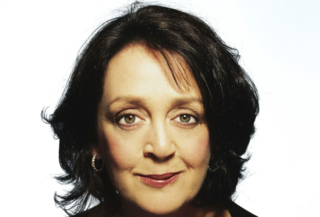A Quote by Tucker Max
Related Quotes
I started with [Leo] Tolstoy and I was overwhelmed. Tolstoy writes like an ocean, in huge, rolling waves, and it doesn't look like it was processed through his thinking. It feels very natural. You don't question whether Tolstoy's right or wrong. His philosophy is housed in interrelating characters, so it's not up for grabs.
...smoking is just a habit. 'Tolstoy', she said, mentioning someone I hadn't met, 'says that just as much pleasure can be got from twirling the fingers'. My impulse was to tell her Tolstoy was off his onion, but I choked down the heated words. For all I know, the man might be a bosom pal of hers and she might resent criticism of him, however justified.
Gordie, the white boy genius, gave me this book by a Russian dude named Tolstoy, who wrote, 'Happy families are all alike; every unhappy family is unhappy in its own way.' Well, I hate to argue with a Russian genius, but Tolstoy didn't know Indians, and he didn't know that all Indian families are unhappy for the same exact reasons: the frikkin' booze.
One of the things that really impressed me about Anna Karenina when I first read it was how Tolstoy sets you up to expect certain things to happen - and they don't. Everything is set up for you to think Anna is going to die in childbirth. She dreams it's going to happen, the doctor, Vronsky and Karenin think it's going to happen, and it's what should happen to an adulteress by the rules of a nineteenth-century novel. But then it doesn't happen. It's so fascinating to be left in that space, in a kind of free fall, where you have no idea what's going to happen.
I think if I were reading to a grandchild, I might read Tolstoy's War and Peace. They would learn about Russia, they would learn about history, they would learn about human nature. They would learn about, "Can the individual make a difference or is it great forces?" Tolstoy is always battling with those large issues. Mostly, a whole world would come alive for them through that book.
I think that maybe happy families don't need stories the way unhappy families need stories. Maybe they're too busy living that they don't actually step back and talk about life like the Anton Chekhov quote. I prefer Anton Chekhov to Lev Tolstoy, and the reason is because of what he leaves out. Sometimes I think Tolstoy had a theory that he was proving and he proved it. Chekhov is more ambiguous.



































